- Category
- Culture
Five Ukrainian Books That You Won’t Regret Reading
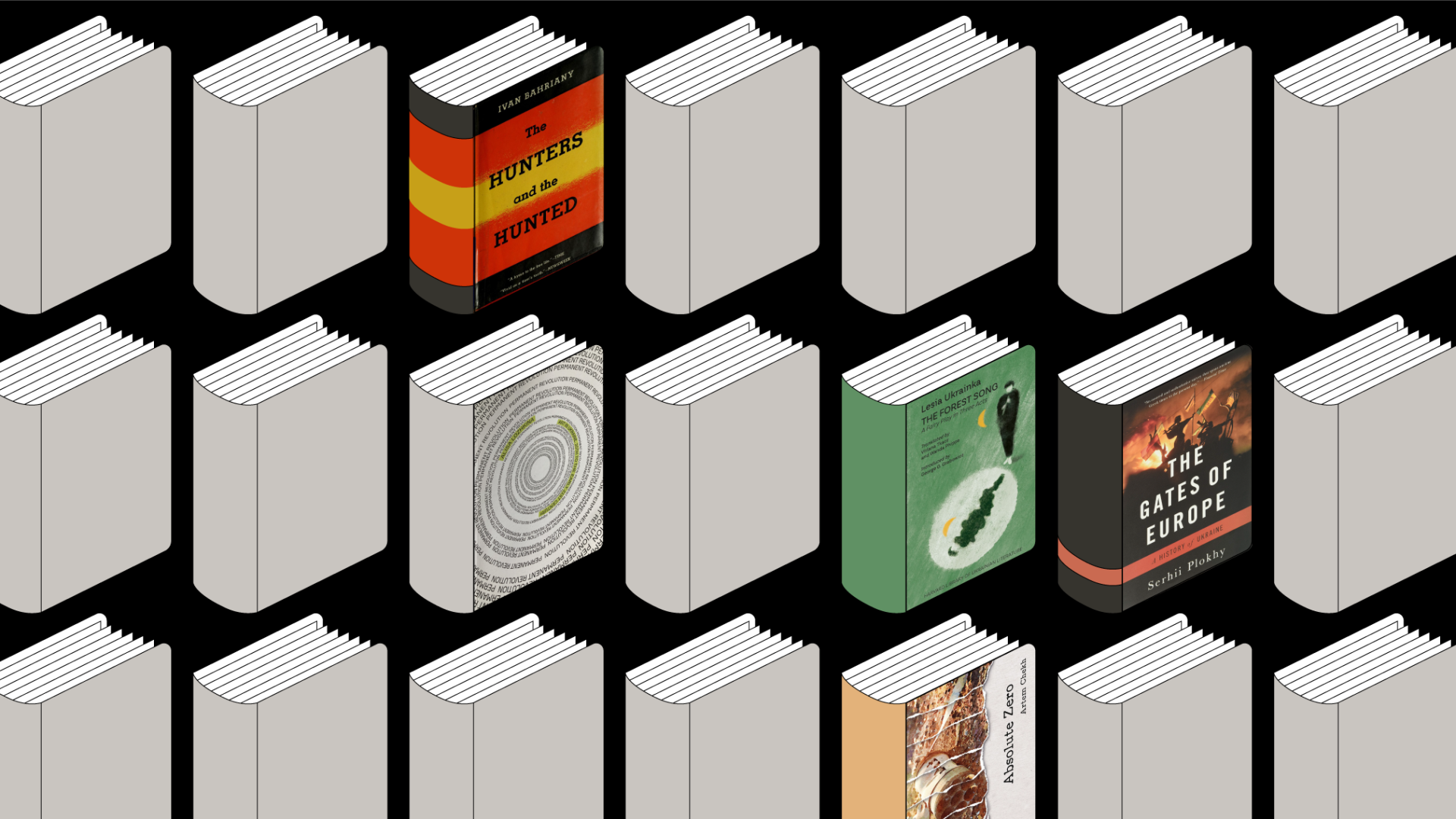
Ukrainian classical and contemporary literature boasts multifaceted compositions that connect with people on many different levels. Luckily, many of them were translated into English and are available to everyone around the world.
Since the beginning of Russia’s full-scale invasion of Ukraine, Ukrainian mass culture has experienced an unprecedented rise in popularity among Western audiences. People from all over the world have acquired the desire to learn the Ukrainian language, listen to Ukrainian music, exhibit Ukrainian art, and, of course, read Ukrainian literature.
That’s not at all surprising—people want to learn more about the history and spirit of a nation so bravely withstanding such unprovoked aggression. And what better way to do it than by exploring national art? There are many directions one can go when deciding to approach a certain culture. Many believe that literature is the best instrument when it comes to gaining a deeper understanding of human nature. So, without further ado, here’s our pick of Ukrainian literature in English worthy of your attention, both fiction and non-fiction, as well as contemporary and classical.
‘The Hunters and the Hunted,’ Ivan Bahrianyi
Also known as ‘Tiger Trappers,’ the novel by the famous Ukrainian writer Ivan Bahrianyi tells the story of a young Ukrainian man who was imprisoned during Stalin's terror of the 1930s but managed to escape. He finds himself in the middle of nowhere, miraculously alive and as though born again—with many connections to make and many challenges to overcome. ‘Tiger Trappers’ is partially autobiographical, as the author Ivan Bahrianyi himself suffered violent repressions by Stalin’s regime. The book is a perfect mix of adventure with existentialism, elegantly balancing out adrenaline and melancholy while telling a profound story of life and death, unconditional love, sacrifice, and national identity. This is a widely recognized Ukrainian masterpiece, and we believe that every reader of any nationality will find something for themselves when reading it.
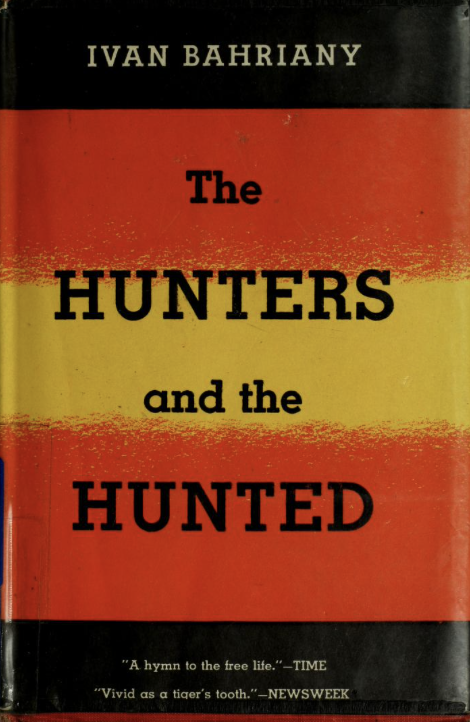
‘Permanent Revolution,’ Alisa Lozhkina
By reading ‘Permanent Revolution’ by leading Ukrainian curator and author Alisa Lozhkina, you might kill two birds with one stone—learn more about Ukraine’s history as well as its spirit. The lengthy yet precise essay tells the history of the formation of Ukrainian visual art in a complex social and political context. It nuancedly explains what made Ukrainian art the way people know it now. The author focuses on contemporary Ukrainian art, tracing its roots back to the social and cultural changes that emerged during the Soviet era's decline, and explores how the country's art scene developed in the wider international art world when Ukraine gained independence. It is a very important and captivating read for everyone who wants to learn about Ukrainian national art and history and, well, the nation as a whole.
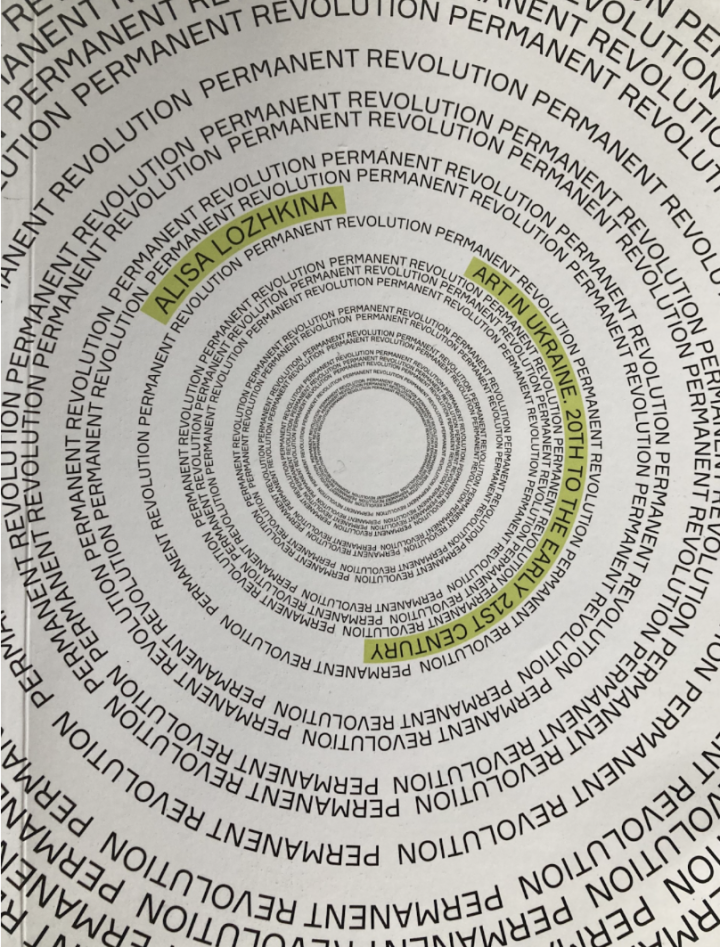
‘Absolute Zero,’ Artem Chekh
Drafted in the fifth wave, the author Artem Chekh spends 10 months on the front lines and delves into the mundane aspects of warfare—drawing from the diary he maintained during his time serving on the frontlines. Ukrainian readers love Chekh for his honest, tongue-in-cheek simplicity and ability to paint a refined picture that hits close to home. There are no explicit depictions of heroic battles. Instead, Chekh explores the mundanity of war, or rather, how things one thought were absolutely unimaginable become mundane in the face of constant existential threat. ‘Absolute zero’ is a quietly tragic story about a Ukrainian writer turned soldier who is never going to be the same, just like hundreds of thousands of men and women fighting in this war.
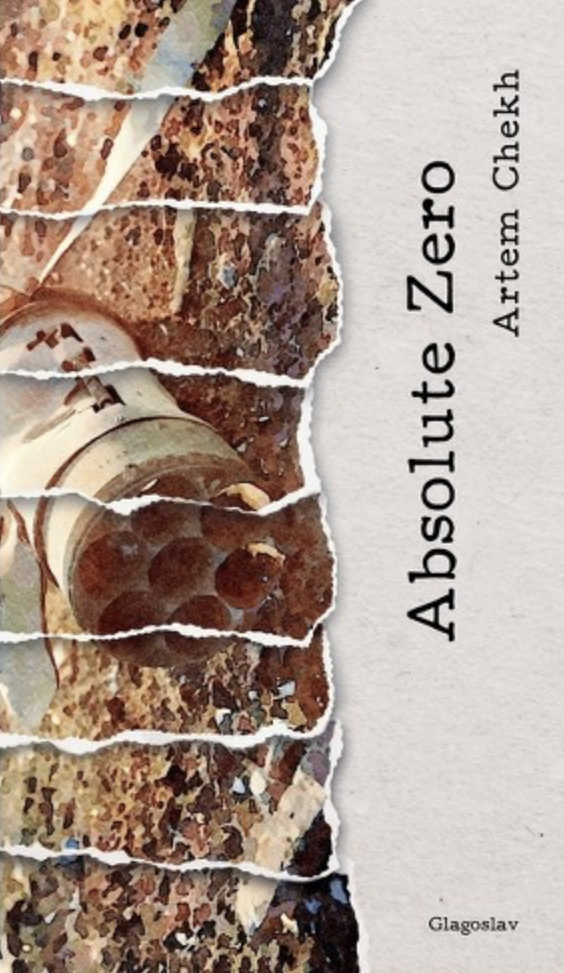
‘The Gate of Europe,’ Serhii Plokhyi
Acclaimed Ukrainian American author and professor Serhii Plokhy, in his book ‘The Gates of Europe’, offers a sweeping historical analysis of Ukraine, considering the nation through the prism of its position at the crossroads of empires. Plokhy traces the influence of a variety of factors that have had their share in shaping Ukraine’s narrative, masterfully navigating through political landscapes and the tumultuous history of a battleground of empires, religions, and ideologies. Plokhy’s renowned take on Ukraine’s history provides valuable context for understanding the source of the nation’s resilience and diversity of the people. It also offers a glimpse into Ukraine’s hopeful future.
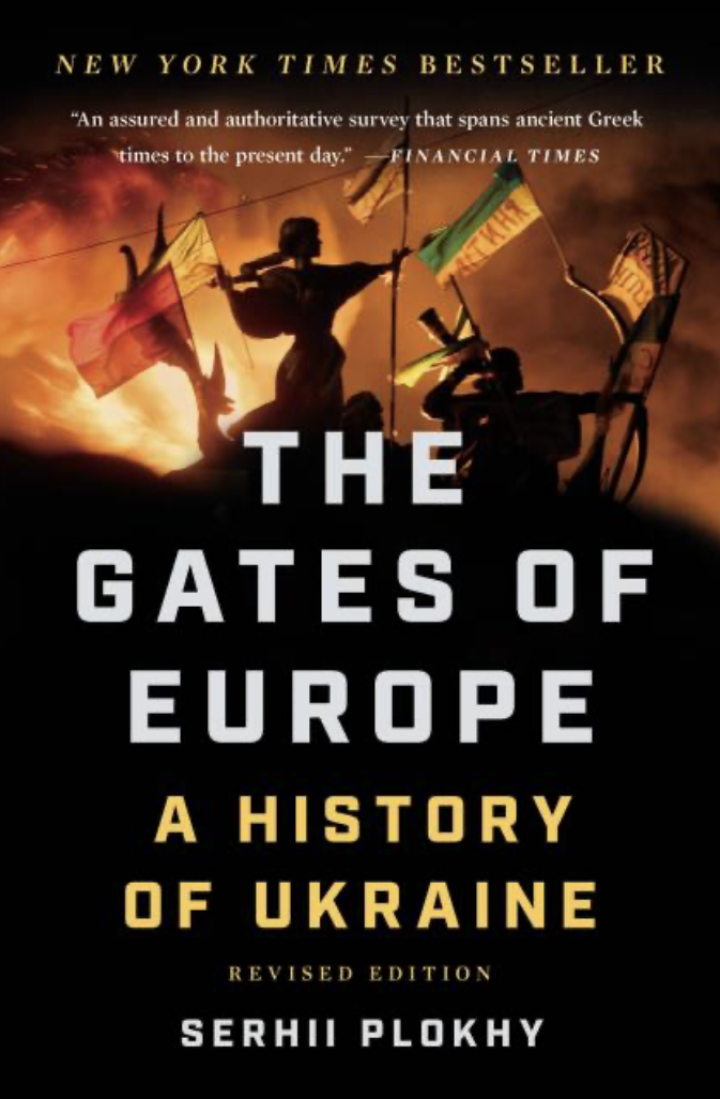
‘The Forest Song,’ Lesya Ukrainka
Lesya Ukrainka, born Larysa Petrivna Kosach-Kvitka, is a cornerstone figure in Ukrainian literature, translated and appreciated worldwide for her extensive legacy. Her whimsical play ‘The Forest Song’ depicts a tearjerking story of love, betrayal, and societal norms—among other eternal themes explored in a delightfully poetic manner, of which Ukrainka is an absolute master. Set in a naturalistic background, with most characters being entities from Ukrainian folklore (except for the main character’s human love interest), the play unfolds in three acts and, in the best traditions of classical Ukrainian literature, balances out existentialism and acute storytelling. “No, I’m alive! I’ll live eternally! My heart holds something that cannot die!” exclaims the main heroine, a forest nymph named Mavka; and in that quote, many believe, lies the essence of the Ukrainian soul.
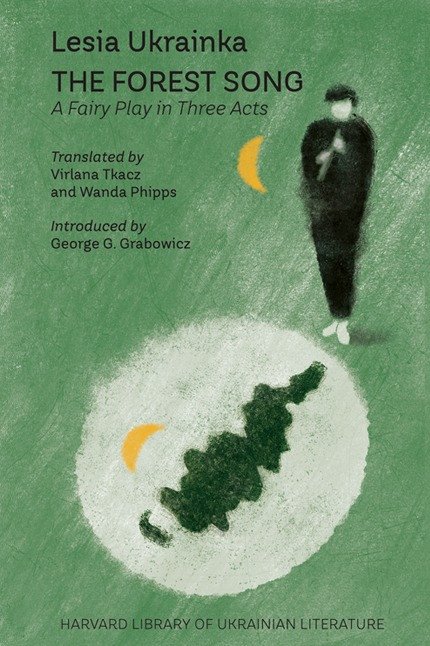


-c439b7bd9030ecf9d5a4287dc361ba31.jpg)
-07758747fa31891fc68b463fdea753e8.png)

-33441405bda6df220cc127a38043a08d.jpg)
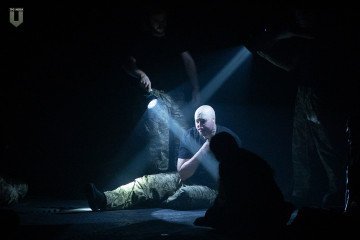
-554f0711f15a880af68b2550a739eee4.jpg)